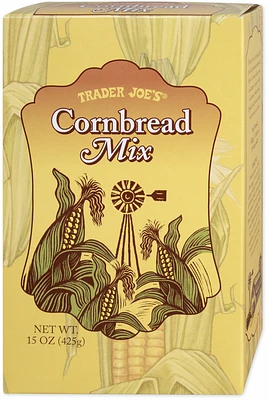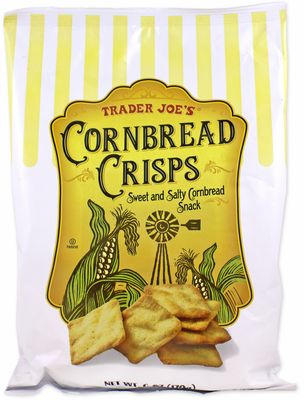Home
Roast Fish, Collie Weed & Cornbread
Barnes and Noble
Roast Fish, Collie Weed & Cornbread
Current price: $27.99


Barnes and Noble
Roast Fish, Collie Weed & Cornbread
Current price: $27.99
Size: OS
Loading Inventory...
*Product information may vary - to confirm product availability, pricing, shipping and return information please contact Barnes and Noble
Roast Fish Collie Weed & Cornbread
was
Lee Perry
's 20th album, counting his sets, compilations, and full-length
dub
discs. Amazingly, though, it was the first album
Perry
exclusively dedicated to his own vocal numbers. That, however, was not necessarily a strong selling point, as even his most devoted fans admit that
the singer is no equal to
Scratch
the producer. And thankfully the set doesn't open with his ghastly, out of tune cover of
Junior Byles
' sublime
"Curley Locks,"
or the overly clever to the point of annoying
"Favorite Dish"
-- would someone please milk that damn cow and give that bawling baby a bottle?
Knock out those two tracks, though, and you're left with one of the most awe-inspiring albums of the decade, and even with them, the album is still a masterpiece. It's an extremely eclectic set, both thematically and musically, but without appearing flighty or unfocused.
There are wonderfully lighthearted moments, like the spectacularly dread title track, a song so heavy you expect Babylon to quake in the backing gladiator's wake. But all the thick atmosphere, stalking rhythm, and ominous melody merely set the table for
to serve up and lavishly proclaim his favorite dish. Brilliant.
Equally entertaining is
"Throw Some Water In,"
as
equates proper auto maintenance to caring for one's own body, a cheerful lesson on the importance of exercise and diet set to a vivacious
reggae
backing. It's unclear if
"Yu Squeeze My Panhandle"
is meant to be humorous, although
's pleading to the DJ to play his record is so over the top pitiful, one can't imagine it's anything but tongue in cheek, and all set to a slow, scorcher of a rhythm layered with percussion and weird effects.
A question mark also hovers around the intent of
"Evil Tongues,"
whose lyrics slip from condemning hypocrites down into the depths of paranoia. Unfortunately, future events proved the lyrics all too prophetic in reflecting
's slide into an emotional maelstrom. But so phenomenal is the claustrophobic production, it was still difficult to imagine that he was losing his way. In the cultural realm,
"Big Neck Police"
revived
's earlier single
"Dreadlocks in Moonlight"
with additional percussion, searing sax solos, and female backing vocalists, creating a number that not only equaled the original, but bettered it.
"Free Up the Weed"
was an impassioned, well-reasoned plea for legalization, while
"Ghetto Sidewalk"
requested light for the sufferers.
The latter was a little overly ambitious musically, as
attempted to blend jazzy sax, studio effects and percussion, and a sturdy, tribal-tinged rhythm. Much more effective was
"Soul Fire,"
which layered instruments, effects, percussion, his own double-tracked vocals, and a mooing cow into a heady piece that defies categorization, but is laced with
funk
,
soul
, and the sound of classic
Studio One
.
And as highly
experimental
as many of the tracks are -- the rhythms throughout are particularly inspired, with the productions equally intriguing -- unlike many of
's earlier excursions out to the musical fringe, these numbers are eminently entertaining and downright infectious, boasting strong melodies and, dare one say it, great vocals. An extraordinary set, which in many ways laid the musical foundation for his Grammy-winning
Jamaican E.T.
~ Jo-Ann Greene
was
Lee Perry
's 20th album, counting his sets, compilations, and full-length
dub
discs. Amazingly, though, it was the first album
Perry
exclusively dedicated to his own vocal numbers. That, however, was not necessarily a strong selling point, as even his most devoted fans admit that
the singer is no equal to
Scratch
the producer. And thankfully the set doesn't open with his ghastly, out of tune cover of
Junior Byles
' sublime
"Curley Locks,"
or the overly clever to the point of annoying
"Favorite Dish"
-- would someone please milk that damn cow and give that bawling baby a bottle?
Knock out those two tracks, though, and you're left with one of the most awe-inspiring albums of the decade, and even with them, the album is still a masterpiece. It's an extremely eclectic set, both thematically and musically, but without appearing flighty or unfocused.
There are wonderfully lighthearted moments, like the spectacularly dread title track, a song so heavy you expect Babylon to quake in the backing gladiator's wake. But all the thick atmosphere, stalking rhythm, and ominous melody merely set the table for
to serve up and lavishly proclaim his favorite dish. Brilliant.
Equally entertaining is
"Throw Some Water In,"
as
equates proper auto maintenance to caring for one's own body, a cheerful lesson on the importance of exercise and diet set to a vivacious
reggae
backing. It's unclear if
"Yu Squeeze My Panhandle"
is meant to be humorous, although
's pleading to the DJ to play his record is so over the top pitiful, one can't imagine it's anything but tongue in cheek, and all set to a slow, scorcher of a rhythm layered with percussion and weird effects.
A question mark also hovers around the intent of
"Evil Tongues,"
whose lyrics slip from condemning hypocrites down into the depths of paranoia. Unfortunately, future events proved the lyrics all too prophetic in reflecting
's slide into an emotional maelstrom. But so phenomenal is the claustrophobic production, it was still difficult to imagine that he was losing his way. In the cultural realm,
"Big Neck Police"
revived
's earlier single
"Dreadlocks in Moonlight"
with additional percussion, searing sax solos, and female backing vocalists, creating a number that not only equaled the original, but bettered it.
"Free Up the Weed"
was an impassioned, well-reasoned plea for legalization, while
"Ghetto Sidewalk"
requested light for the sufferers.
The latter was a little overly ambitious musically, as
attempted to blend jazzy sax, studio effects and percussion, and a sturdy, tribal-tinged rhythm. Much more effective was
"Soul Fire,"
which layered instruments, effects, percussion, his own double-tracked vocals, and a mooing cow into a heady piece that defies categorization, but is laced with
funk
,
soul
, and the sound of classic
Studio One
.
And as highly
experimental
as many of the tracks are -- the rhythms throughout are particularly inspired, with the productions equally intriguing -- unlike many of
's earlier excursions out to the musical fringe, these numbers are eminently entertaining and downright infectious, boasting strong melodies and, dare one say it, great vocals. An extraordinary set, which in many ways laid the musical foundation for his Grammy-winning
Jamaican E.T.
~ Jo-Ann Greene
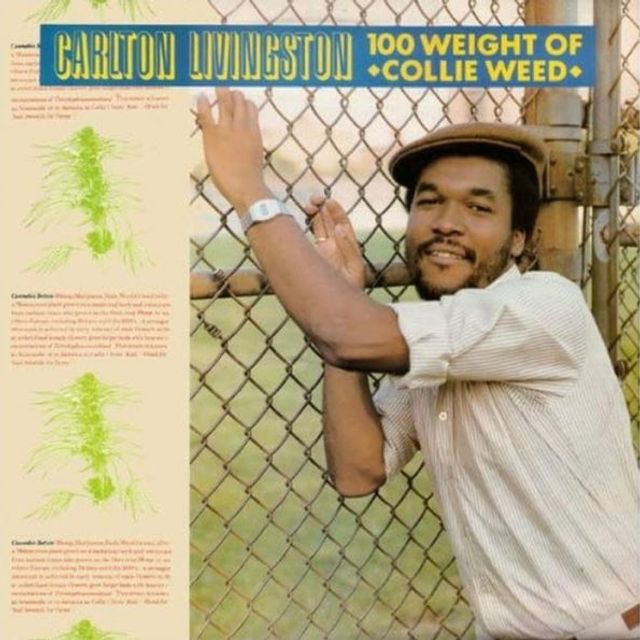
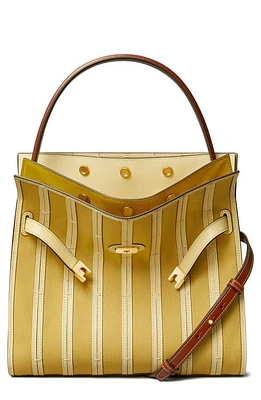
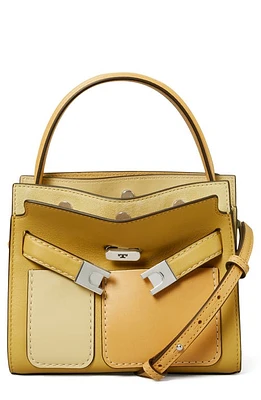
![Mellon Collie and the Infinite Sadness [Clean]](https://prodimage.images-bn.com/pimages/5099997855323_p0_v3_s600x595.jpg)
